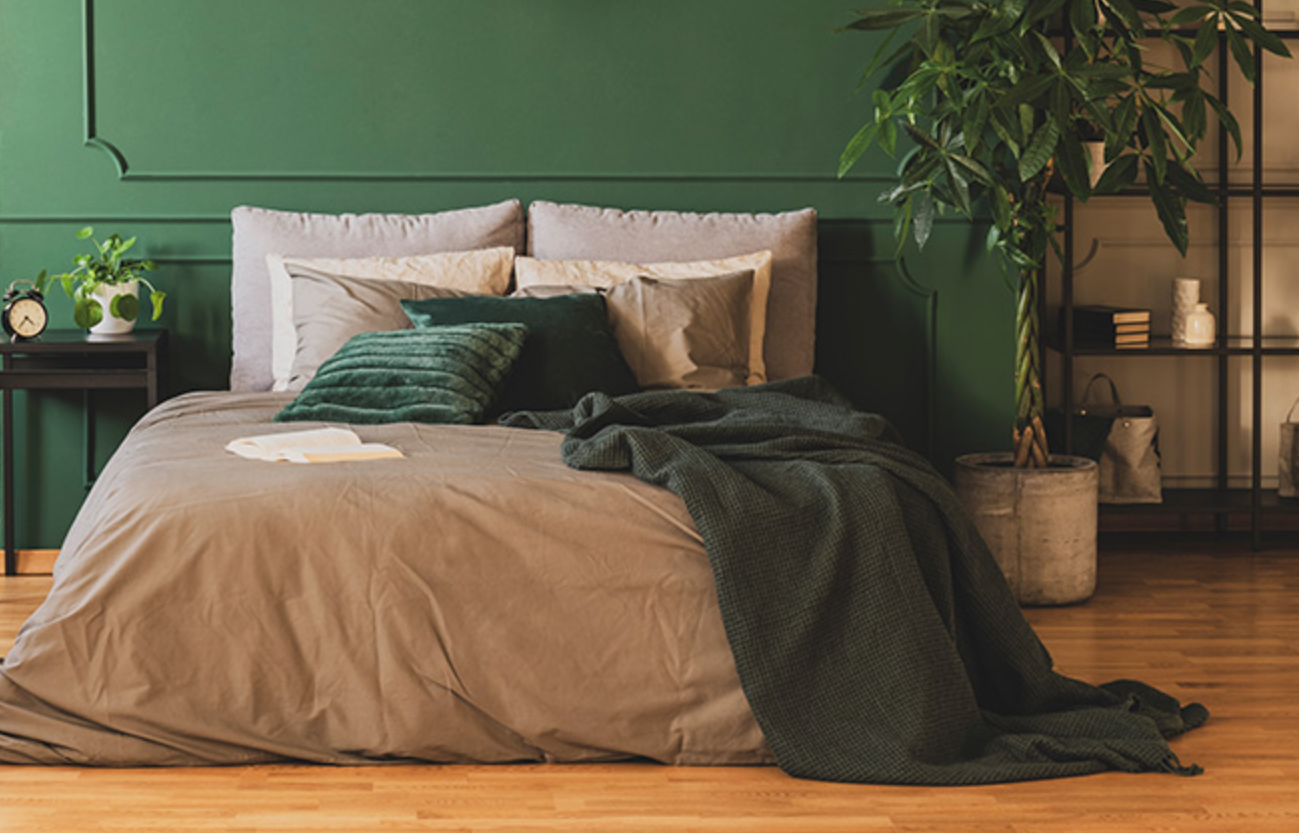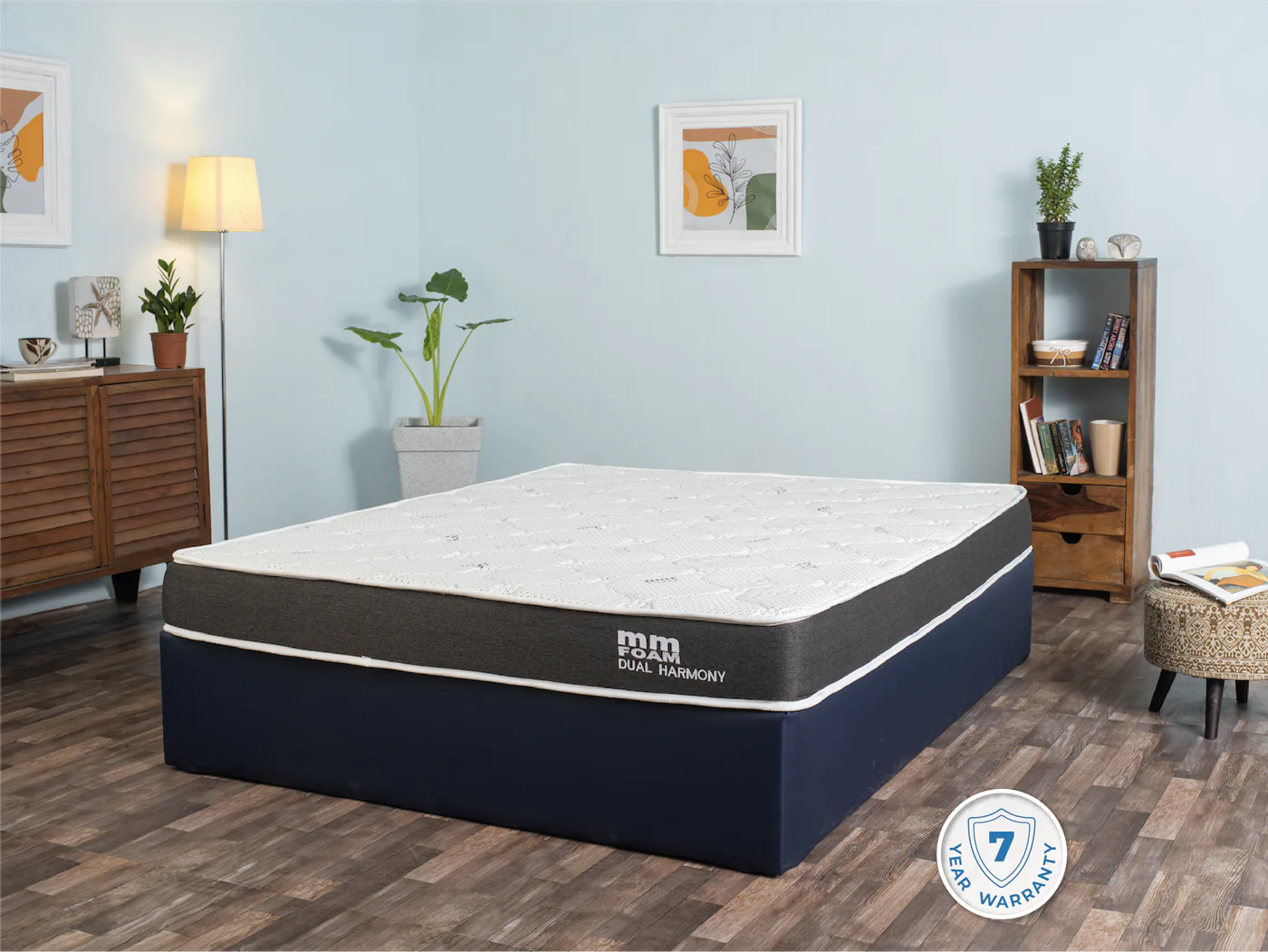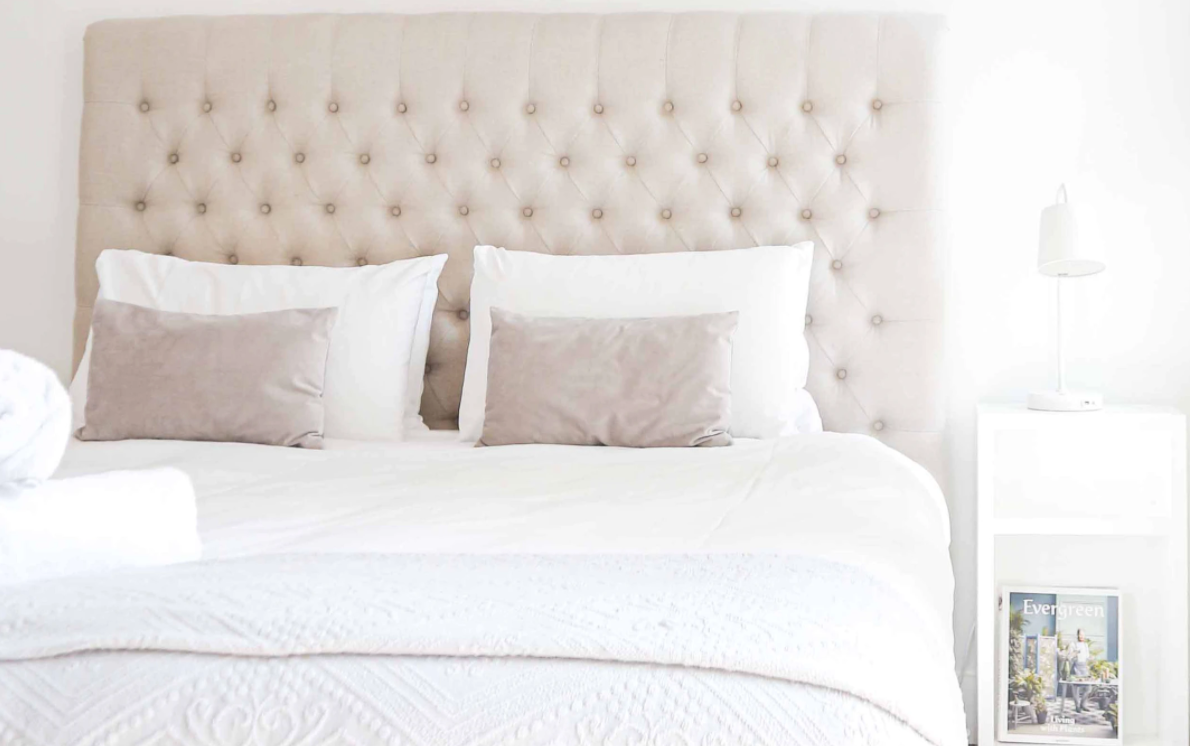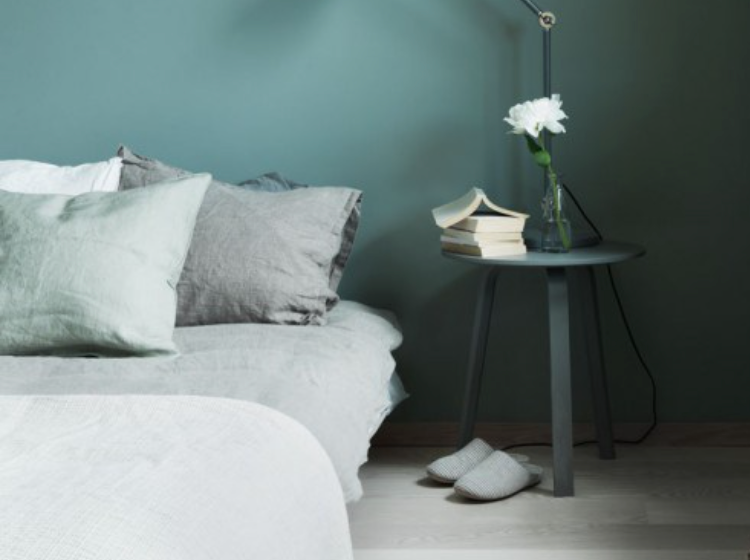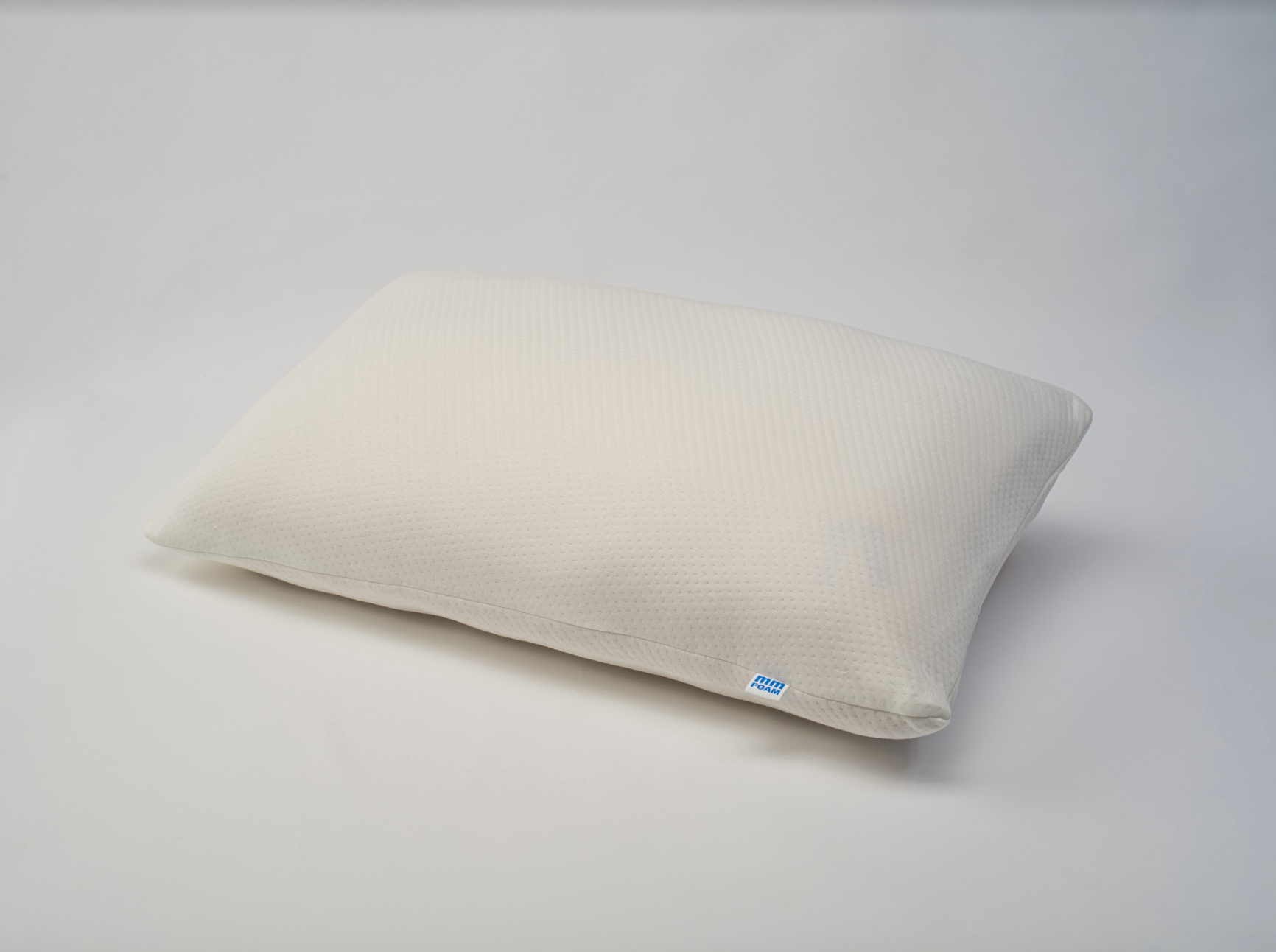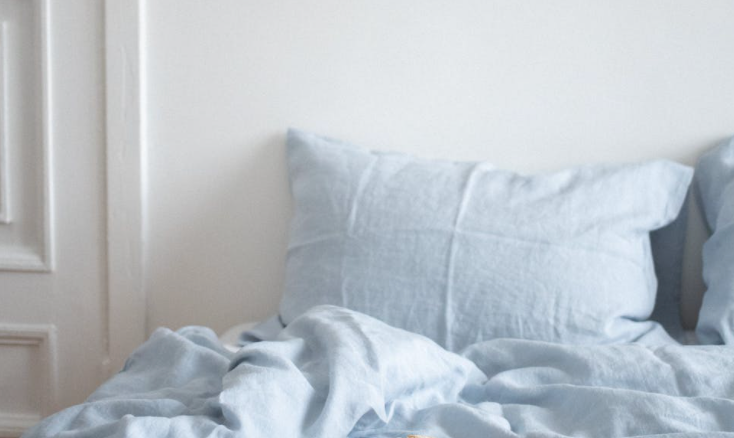Your cart is empty
Looks like you haven't added anything to your cart yet

Four Things That Can Make Or Break A Good Night’s Sleep!
In a previous article, we spoke about creating an environment that is conducive to good sleep. While those tips are centered around making bigger (but totally achievable!) changes to your sleep surroundings, in this article we shift the focus to four things you can change TODAY, as we shed the spotlight on elements that could easily become either the good guys or the bad guys in your quest to attain a good night’s sleep.
Water Intake and Sleep

Do you find yourself waking up thirsty in the middle of the night to get a drink of water? This probably means you are not drinking enough fluids during the day, causing your sleep to be interrupted. Make sure you are well hydrated during the day - especially now that it’s summer - so you don’t wake up thirsty at night. But don’t drink fluids 1-2 hours before bedtime, or you might have to wake up to use the bathroom and end up disturbing your sleep after all!
Impact of Food on Sleep

On the nights that you find it hard to fall asleep, pay attention to the foods that you’ve eaten during the day, as some foods or the timing of their consumption can come in the way of you falling asleep. Caffeine in the evening of course is a big no-no, but so are spicy, heavy meals and fatty foods, as these can cause indigestion. Keep in mind that alcohol too can disrupt the quality of your sleep.
Certain foods on the other hand can actually help you sleep better, like almonds, which contain a high concentration of melatonin (the sleep hormone), warm milk, walnuts, bananas and chamomile tea.
Can Napping Affect Your Sleep?

Could sleep itself be coming in the way of good sleep!
There are many views on whether naps are good for you or not, and napping works differently for different people. According to the Mayo Clinic, naps can result in an improved mood, relaxation and reduced fatigue, but in some people they can also cause sleep inertia or can come in the way of a good night’s sleep, especially long day time naps. So it really is a matter of figuring out what works best for you, through trial and observation. If you do feel the need to nap, keep it to no more than 30 minutes, and make sure it’s never after 3pm, to reduce the chances of it interfering with your nighttime sleep.
Stress Management And Sleep

Finally, learn to manage your stress. The world we live in today is far more stressful than those of our parents and grandparents, and dealing with stress on a daily basis does consciously and subconsciously affect our body’s ability to rejuvenate itself, one of the key factors being not getting good sleep. Worries related to the corona virus could also be making you more stressed right now - heartbreaking news, fear about the future, job insecurities. These thoughts, if carried to bed can come in the way of a good night’s rest.
Shift to a mindset that pays attention to the things that trigger your stress and slowly learn how to work around them. Do not carry your stress to bed with you. Pause, and declutter your mind every evening, either by jotting things down, maintaining a journal, deep breathing, meditation or a relaxing pre-bedtime routine.
A problem is always best attacked on a good night’s rest, so do whatever it takes to get those 8 hours in, every night!
- Choosing a selection results in a full page refresh.

